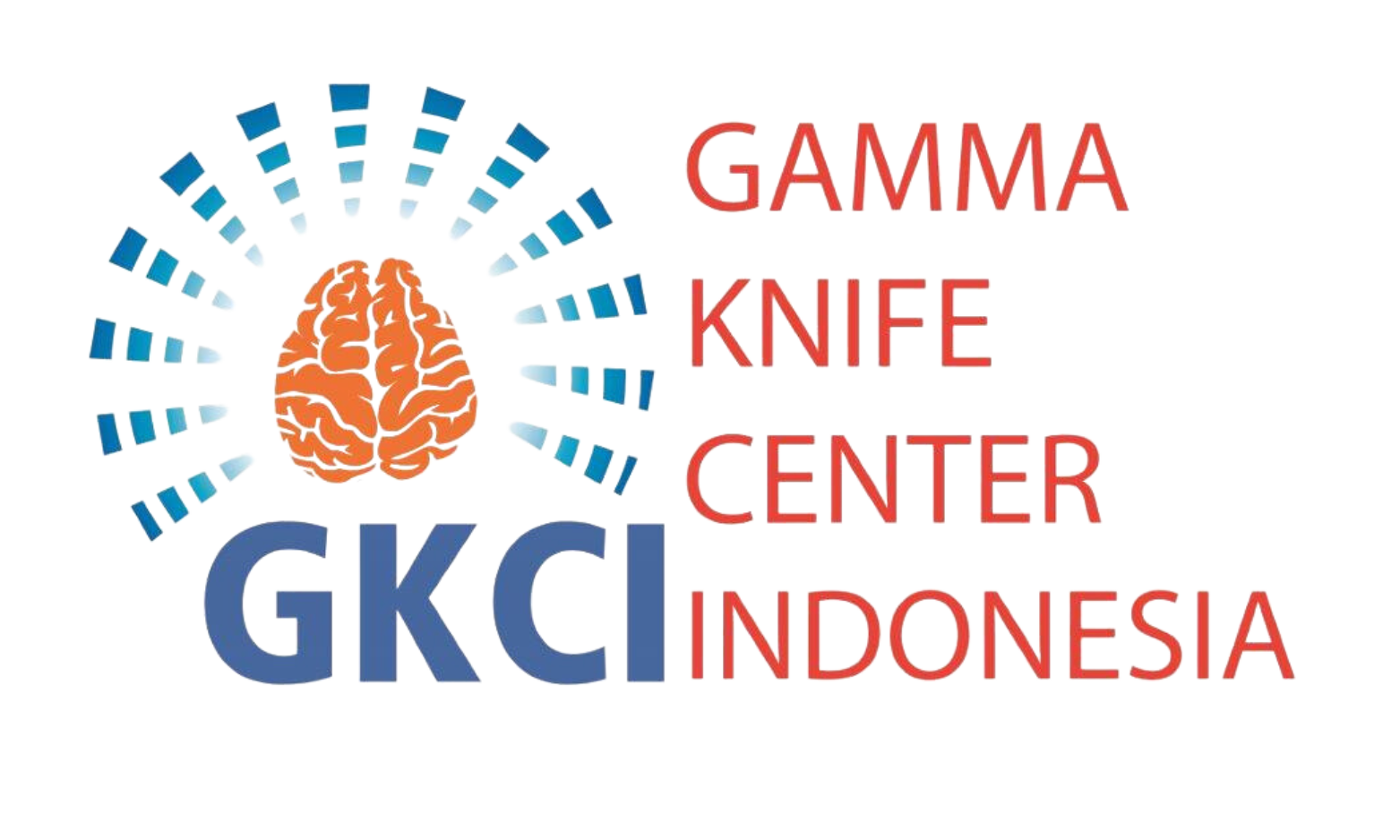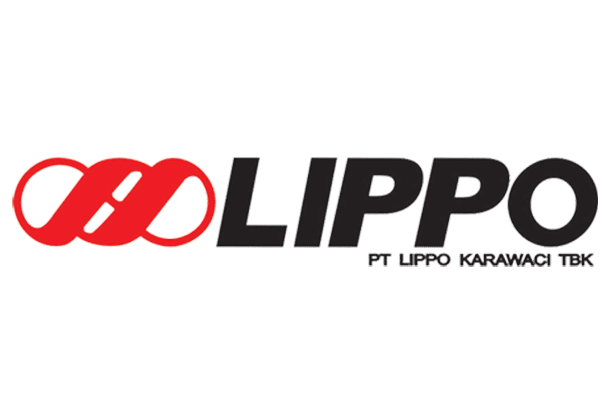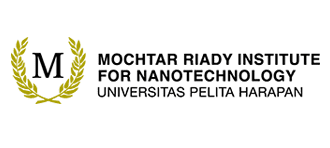Corporate Social Responsibility
Our CSR Responsibilities
As a healthcare leader, Siloam Hospitals is committed to offer support and assistance to others through our medical facilities as well as our CSR programs which involve our large family of stakeholders, including employees, local communities, patients and their families and guests, suppliers, to the environment. Each Siloam hospital runs its own CSR program, following with a larger Siloam-wide program, all designed to ensure our business environment contributes to the welfare of society.
We take our CSR responsibilities seriously, and look upon them as much more than a mere obligation to abide by prevailing laws and regulations.
- Environmental Management
Siloam Hospitals is constantly aware of the increasing responsibilities of environmental conservation and constantly emphasizes the essential requirements of “green” surroundings, clean water accessibility, and dust and noise reduction, both within and in the vicinity of our hospital buildings.
We partner with responsible organizations to ensure all international and Indonesian Government requirements are fulfilled.
We base our environment protection schemes on AMDAL (Environmental Impact Analysis) and UKL-IPL (Environmental Management and Monitoring). We apply these standards to all vulnerable areas in order to minimize any evident negative impact.
Waste Management
Solid waste produced by the company consists of household and infectious waste (injections needle, medical remnants, medicines). For hazardous and toxic waste (B3 waste), the company cooperates with third parties, starting from the transportation to the disposal of the waste products. So far, vendors have used incinerators to destroy B3 waste. However, the company began to replace the combustion system with a system that is more environmentally friendly, namely autoclave. Autoclave is a B3 waste destroyer that is more environmentally friendly. The machine works by sterilizing B3 waste which will be chopped into small piece of sterile solid waste that can be disposed of as harmless household waste. This certainly can reduce the risk of contamination from B3 waste produced by the company. Nowadays, the use of autoclave has passed the trial stage and still awaiting a government license for its operational use. As of today, there are already 4 hospitals that are in the waiting list.
For wastewater, the company has used a recycling system, which will reuse the wastewater for plants. The company also trained the waste treatment division about processing wastewater.
In 2018, the company, together with the Minister of Health and the Environment, provided information on the electronic of B3 waste. In the socialization, the government advised the company to create a centralized system about waste treatment which aims to oversee the process of waste disposal starting from waste production, transporting waste, processing waste, up to the proof of payment from third parties.
The company has switched to Light Fire Extinguisher (APAR), which is more environmentally friendly, to reduce Ozone Depleting Substances (ODS) emissions. Moreover, the company began the replacement of the R22 freon to locally produced freon which was more environmentally friendly. The turnover of the freon is expected to save electricity usage by 25% and also reduce the impact of CO2 in this case. The company also began to switch by using solar thermal power and natural gas for water heating systems. The Joint Company with Turnkey Group also undertook projects to reduce CO2 emissions, especially those obtained by saving energy in the building’s cooling system.
- Occupational Health and Safety
Commitment to aspects of occupational safety and health in its implementation refers to Government Regulation No. 50 of 2012 concerning Occupational Safety and Health Management System and Regulation of the Minister of Health No. 66 of 2016 about Occupational Safety and Health in Hospitals. A K3 Committee has been formed in each hospital, which the one who holds the position the chairman has had a competence in the field of K3 (certified K3RS Expert and/or AK3U). The committee was inaugurated by the Director of the Hospital.
In 2018, Siloam Hospitals Lippo Village received a company award with zero accident and Siloam Hospitals Makassar received a corporate award with the implementation of the Occupational Safety and Health Management System (SMK3).
Siloam Hospitals Kebun Jeruk, Siloam Hospitals TB Simatupang and MRCCC have provided teams and equipment from the Fire Department in the hospital environment. The company also provide a light fire extinguisher (APAR) with a clean media agent in the areas which patients and employees would go through. In addition to effectively extinguishing fires, this also takes into consideration the safety and health of employees who use fire extinguisher. The company also routinely conducts APAR usage training for all employees every year and simulates disasters that might occur in the hospital.
The company is committed to reducing the number of workplace accidents, especially those caused by needles, both for hospital employees and outsourced employees who work with companies. In the event of an emergency or disaster situation, there will be instructions for evacuation, and equipment are provided to assist the patient’s evacuation process which consist of ski sheet and baby vac for evacuation of infants. To facilitate communication in an emergency, 13 emergency codes were applied in the hospital area that were only understood by hospital employees.
To improve employee understanding of the implementation of OHS at the Company, employees are given a General Orientation Program (POU) which is routinely conducted every month.
- Social and Community Development
Health care services are intertwined with the welfare of people, whether patients, hospital staff, visitors or the surrounding community. In 2018, Siloam did CSR activities for surrounding communities include free medical service, covering cleft lip, cataract and circumcision surgeries. As a continuing program in 2018 in support of government health policy, Siloam Hospitals, led by the new Siloam Hospital in Sentani, are advancing partnerships in Papua with Community Health Centers (Posyandu) in Siloam Daboto and Siloam Danowage along withthe Mamit Health Center and Yayasan Pendidikan Harapan Papua in developing a health infrastructure in remote areas of Papua. Good things begin with small beginnings and the Company’s focus on health promotion, preventive actions and curative medicine will be complemented by a rehabilitative approach and supported by access to Siloam laboratories.
Collaborating with Maranatha Bandung University, Margi Martin Clinic and Rafael Clinic, Siloam Hospitals are helping to bring both knowledge and medical assistance to numerous villages. Focus has also turned to diagnosis and treatment of serious illnesses such as malaria and tuberculosis. Other services offered include pre-natal care, nursing and public health such as hand washing and information, immunization, Vitamin A provision, parasite treatment and medical check-ups.
As a leading healthcare provider, we are also morally obligated to educate the community and doctors in out hospital networks. In 2018, we have conducted public seminars, where attendees were able to learn how to live healthy lives and gain knowledge about specific diseases. Seminars for doctors were conducted, where the doctors were given the opportunity to discuss the latest healthcare developments.
Unfortunately, in 2018 Indonesia experienced various natural disasters including earthquakes and tsunamis. At times like these its crucial that companies like ours can assist those people amidst these tragic circumstances. During both the tragedies in Lombok, Palu and Banten, we sent medicine, nurses, doctors and medical equipment to assist those affected.
- Clinical Governance and Quality Standard
In order to guarantee the quality of the services provided, Siloam Hospitals establishes clinical governance and quality standards in several aspects.
Risk Management
Minimizing risks to patients is our cornerstone and responsibilities. We achieve this through:
- implementing and monitoring a system for reporting risk and incidents;
- understanding factors that influence unexpected incidents;
- learning lessons from unexpected incidents (case studies);
- taking action to prevent recurrence of unexpected incidents;
- developing a system to reduce risks;
- conducting on-going education and training.
Group Wide Indicators
These are a set of indicators to be monitored monthly. These indicators demonstrate hospital unit accountability for patient safety. Our Group Wide Indicators has been compared to both national requirements and international benchmark. Clinical Audit Clinical Audit is the way healthcare professionals measure the quality of care they provide. It allows them to compare their performance against a quality standard to evaluate their progress and identify improvements needed. Changes can be made then and followed by further audits to evaluate success. Siloam Hospitals, as a quality, best practice healthcare leader, comply to these international and national standards.
Clinical Excellence
External Assessment and Recognition
Each Siloam Hospitals undertakes the National Hospital Accreditation Requirements. Four of our hospitals have achieved International Accreditation. We also hire external consultants to conduct independent monitoring and assessment of clinical practice, and enjoy a fruitful on-going collaboration with Senior JCI consultants. The JCI consultants provide education to senior management teams, conduct clinical audits, and hold regular discussions with our healthcare professionals.
Professional Healthcare Staff Essentials
All Siloam Hospitals healthcare professionals must be fully qualified and adhere to the highest medical standards. To achieve this, we are committed to assess and verify all certified healthcare professionals at the time of hire, and re-credential every 3 years thereafter. Primary Source Verification is conducted to check on an individual’s qualification documents. Patient care is unable to proceed without full enforcement of this process.
Clinical Education and Training
Clinical education and training is continuously implemented. Clinical staff need to constantly improve and update their knowledge and skills in order to keep up with medical technology advancements, improve their overall awareness of clinical protocol, and be able to provide innovative solutions to clinical issues. Company policy emphasizes successful completion of 40 hours of mandatory training per year for all medical staff and 20 hours per year for non-medical staff. Regularly conducted medical training programs already in place, including:
- A certified Emergency Medical Treatment (EMT) training program, to strengthen emergency response protocol and improve the awareness, sense of urgency, and confidence of paramedics, doctors, and nurses. The training is based on the American paramedic training model and was developed in liaison with an Anesthetist and Trauma Specialist from John Hopkins Hospital.
- A comprehensive Resident Medical Officer (RMO) training program for new recruits to help them provide essential medical care in their role as front liners.
- Siloam Hospitals e-learning website provides more than 350 modules of educational materials training feature.
- Access to clinical journals. These online resources provide unlimited learning support for medical staff to remain up-to-date and expand their knowledge.
Daily assessments and audits of case studies conducted by clinical staff and medical committees are the main keys to service excellence. All clinical procedures are in accordance with the Clinical and Protocol Guidelines taken from the National University Guidelines and Specialists. Siloam Hospitals has standardized the service policies and procedures by prioritizing international patient service standards and in accordance with national accreditation standards and JCI.



